My main focus is on online education, and I believe knowledge is power.
In the movie Limitless, a struggling writer is introduced to a drug which gives him the ability to fully utilize his brain. I believe that, if you have some information and you know where and how to use it, you can do a lot of things and be in control of many situations.

What I have found through learning all sorts of different things is that the way information is delivered to your brain really matters. Everyone is different - we all have different educational backgrounds and different levels of experience in different fields that make us unique in both bad and good ways at the same time. Our experiences and beliefs create filters in our heads, and those filters show us the world as we each understand it and want it to be.
The revolution of digital education has started in 2020
The Covid19 crisis has shown that the old way of teaching and learning, where the teacher stands in front of the class, is not effective. It never was, but we needed to start somewhere.
Our brains are like computers with unique firewalls, a form of biological artificial intelligence (AI). All people behave like separate AI machines but, because we are not connected directly through some high-speed information exchange channels (or as some theories put it, we are blocking our capabilities), we can't learn and aggregate the large amounts of information that machines can.
The most widely practised learning method is linear teaching, where the teacher tells a story in the way that they prepared it and which they believe is the best way to learn that topic. Nowadays there are a lot of coaches for almost every aspect of your life... and they all believe that they have found the best way to teach others how to live their life. Some of them are real and some (perhaps a lot in my opinion) of them are scammers. But I believe, maybe a bit naively, that the majority of coaches really do want to help other people.
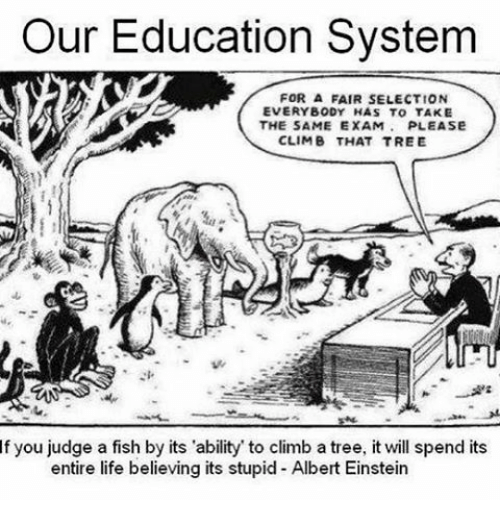
But problems arise when the coach, trainer or “guru” says that their way of teaching is the best way. If you hear this - run! You can't know the best way to teach someone without knowing that person. Even having enough information does not mean that you can and will use it to its full potential. You may be asking “Why?” and the short answer is “Because you are human”. I’m not saying that people are stupid, just that they can’t use data to its full potential without the support of computers, algorithms or even AI.
I believe that a revolution in education has already started. This change started in 2020 when COVID19 stopped the world for the first time in recent history and status quo institutions and renowned universities like Harvard needed to change their teaching methods almost overnight. Yes, most of them already had online courses that anyone could take for a fraction of the tuition fees that enrolled students were paying. But not every enrolled student thought it was fair to be asked to pay $50k for a digital semester, even with live help from professors, while the college was delivering the same courses online more cheaply to anyone who wanted them.
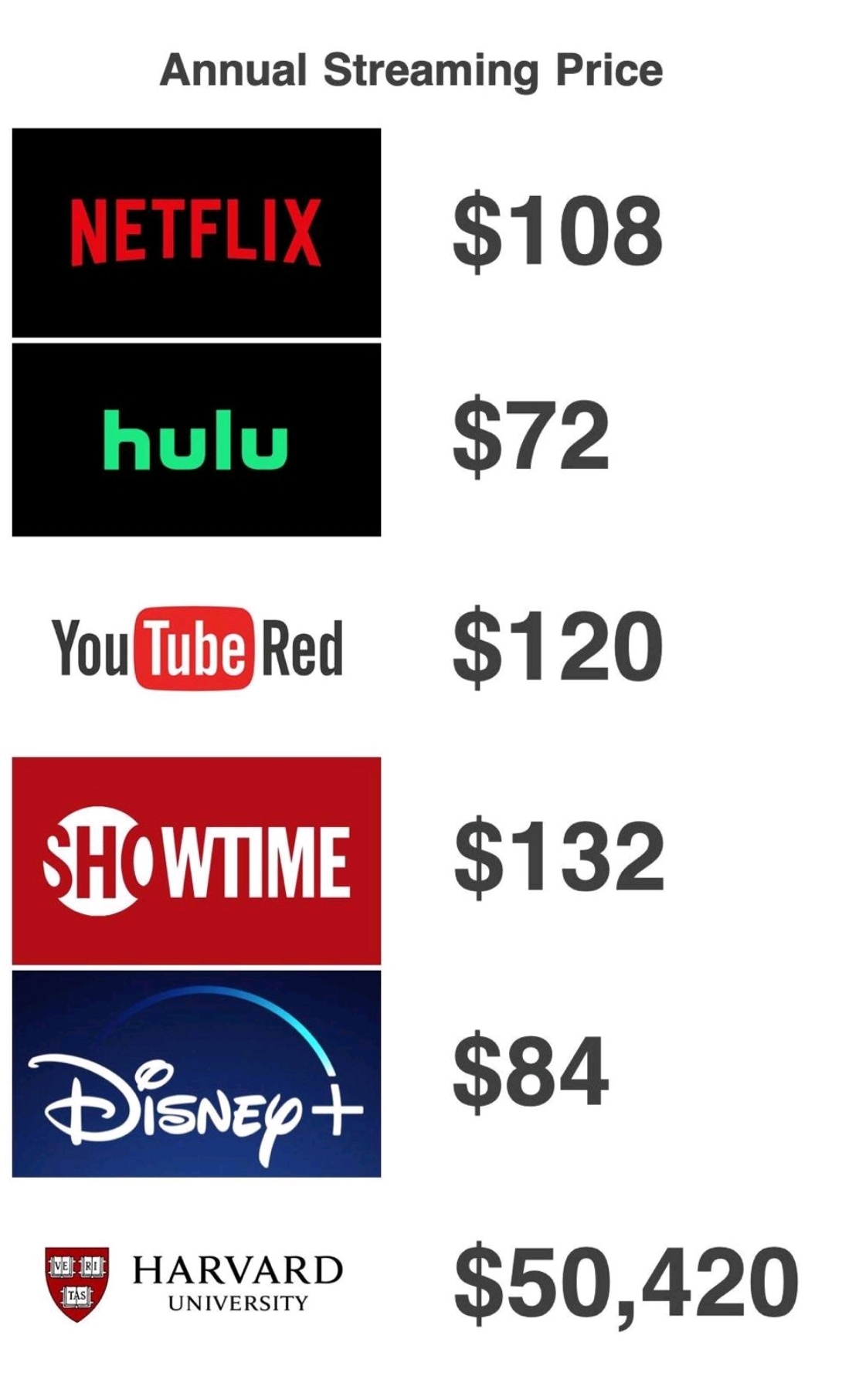
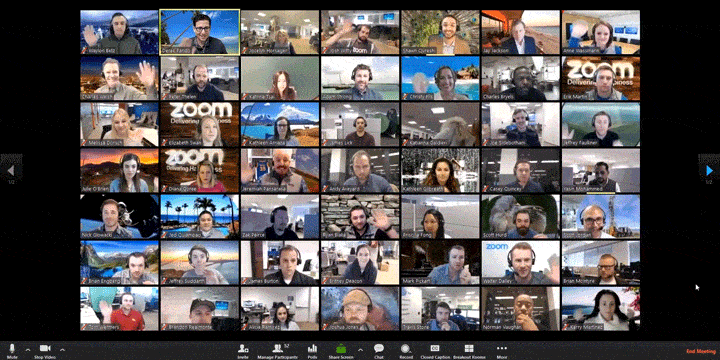
Reality in 2020 of business, education and social communication.
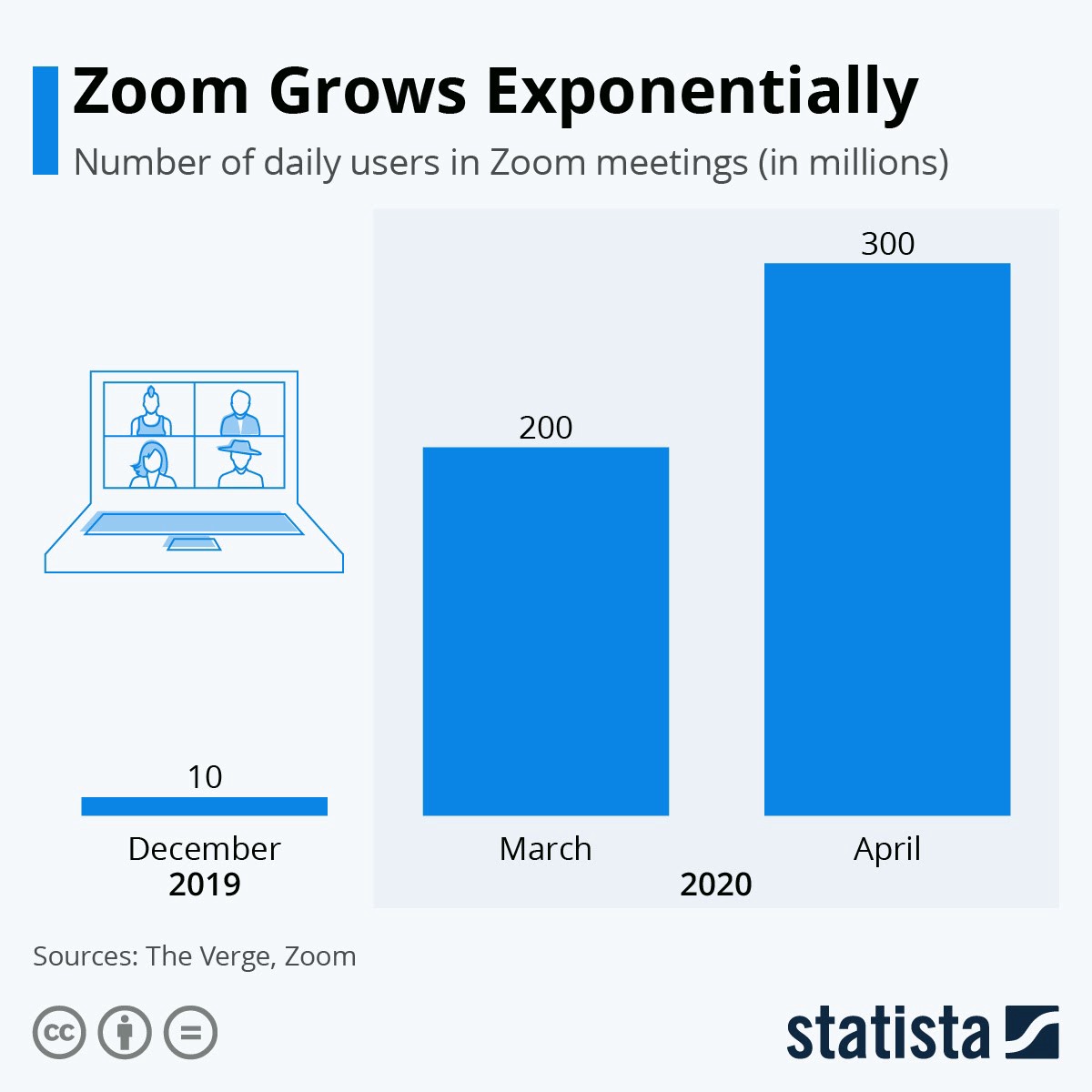
Although information is now available to and affordable for almost everyone, what matters most is how the data is formatted, the way it is consumed and how fast it goes through the personal filters in everyone's head.

Your Internet connection technologies changes every year, but how about your brain? How are your brain technologies changing over the time?
What matters the most in information delivery?
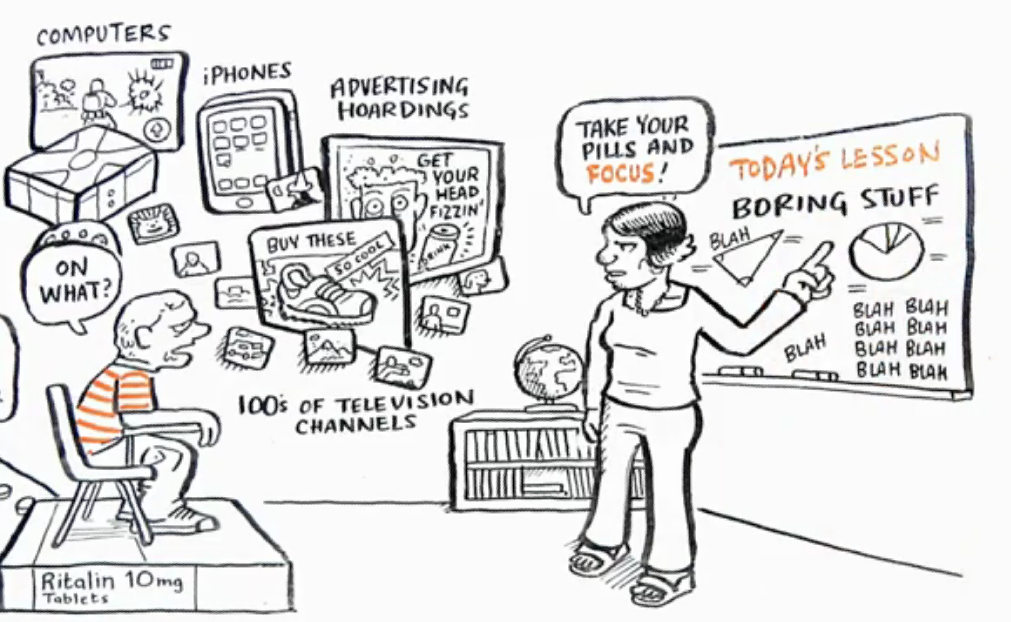
When I was in school, teachers sometimes said: “If you do not understand but the majority do, you are dumb.” I had that experience a dozen times but, when another teacher explained the same topic in a different way, I ‘got it’ up to 100 times faster. I was spending months on some topics but couldn’t get it until the “right” teacher and a different method of delivering the information to my brain made the difference.
In a digital world, most education technology companies focus on the form of information delivery - text, audio, video, virtual reality, 4D -”9D” experiences, etc and that's great! But...
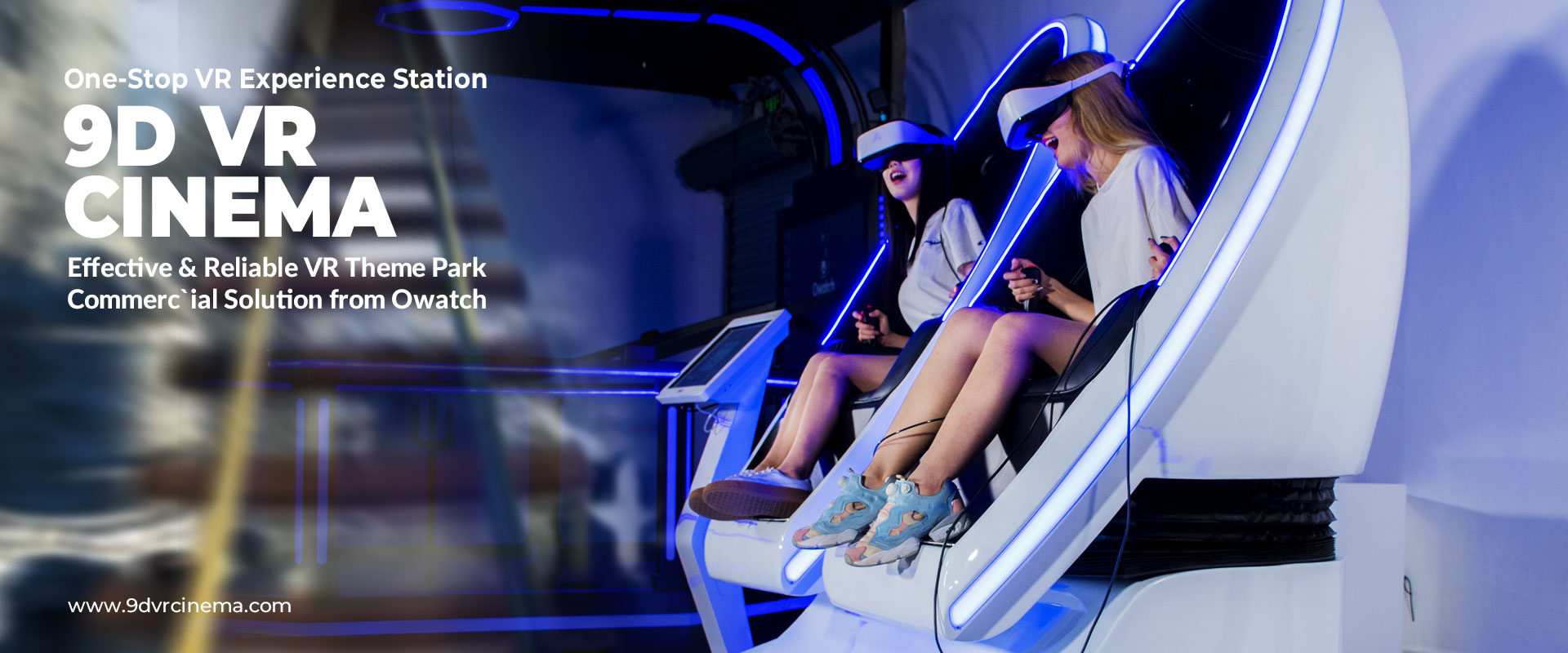
...improving the form alone does not solve the other part of the puzzle - who will consume the information you are creating?
If you are familiar with user or consumer-experience based product creation, you will know that the design process does not start with a vision, solution or product but springs from the experience of users who want to solve a problem.
The new way of teaching and learning
My perception of education is that of a user, mixed with the experience of an expert who was there, who tasted it and achieved the success that others want to achieve.
I believe that the way forward in education is to combine experts' knowledge, adapted to consumers' experience and knowledge level and connected through AI with content customization technologies.
I believe in customized content delivery for everyone, based on the type of person they are and most effective way they consume information, delivered through a platform/environment that is familiar to people who want to learn something new.
In the future, I believe that experts will not teach students directly. When they fail to explain a topic to someone effectively, they will teach that topic to an AI machine which will use what it learns from the experience and adapt the knowledge delivery system to suit other people who have a similar problem.
And with deep learning technologies students will be able to choose which avatar will teach them, so a face you never liked can be changed to a face you do like. The goal is to deliver, consume and adapt information using the fastest and most effective route from data storage to the human brain.
I am sure other technologies could be adapted/adopted for the same purpose.
Examples of future information consumption and adoption
Adaptive learning
An English student of Spanish living in London wakes up and goes to the kitchen to make breakfast. Using his smart glasses, he accesses the augmented reality (AR) function that labels everything he sees with the appropriate Spanish word and its associated phrases. If he correctly uses – and remembers – the phrases, the content changes each day according to his individual level.
Personalized content
A student of marketing is about to begin a lesson, but not from a book or in a classroom and not at a school or university. Instead, she turns on an AI hologram of Seth Godin or Neil Patel, who speaks directly to her and answers specific questions in a course that has been tailored especially for her.
Immersive experience
A student of architecture puts on his virtual reality (VR) headset and takes a trip to the Parthenon in Athens or the Guggenheim in Bilbao, or moves around inside the ‘blueprints’ of a building currently being designed. In each case, architects provide commentary and send links to relevant lessons that appear automatically on the student’s devices.
Bioengineering
And why not...? A student of yoga takes a pill that augments their hippocampus and implants the lifetime learning of a yoga guru within 30 minutes.
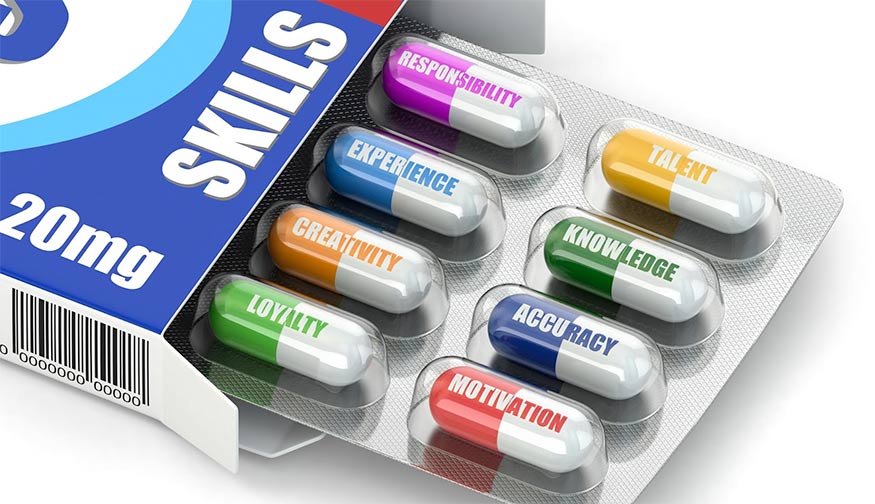
Or the career experience of tennis champion and winner of 20 Grand Slam singles titles Roger Federer is “downloaded” into the brain’s motor cortex, providing an instant killer forehand. The anatomical-rational barrier no longer exists.
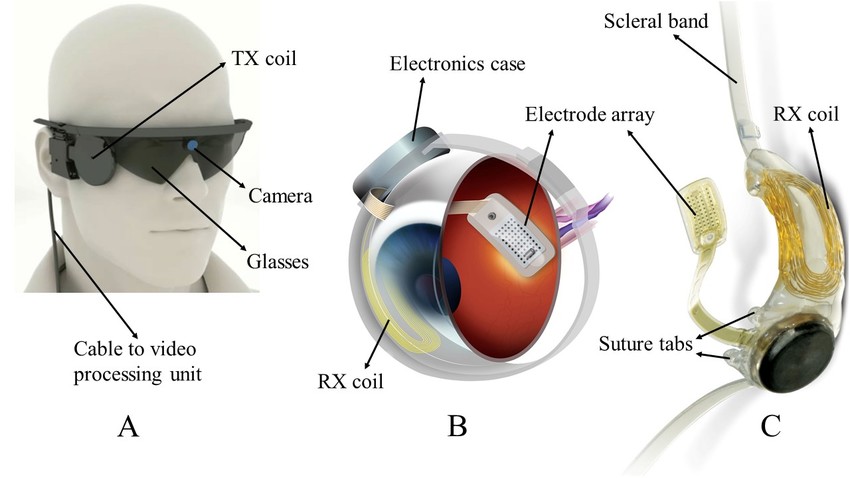

Human/droid education
An engineer is learning a new technique for a difficult task. He uploads the necessary information to his personalized human droid, who demonstrates exactly how it should be done. The engineer learns more quickly and easily, but he can also ask the droid to perform the task independently if there is any danger or urgency. As the droid learns, it updates its knowledge for the benefit of the engineer.
Sharing is caring
If you found the information on this page valuable, share it –
you can help others to discover new things too!

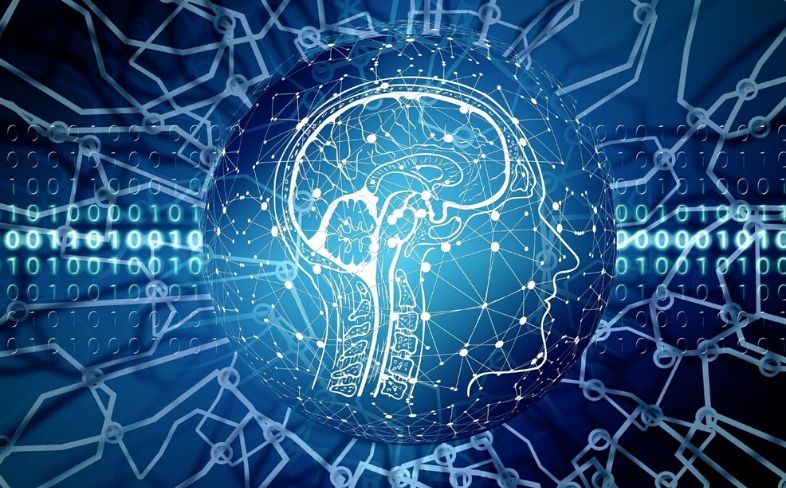

Post date: 2020-07-18